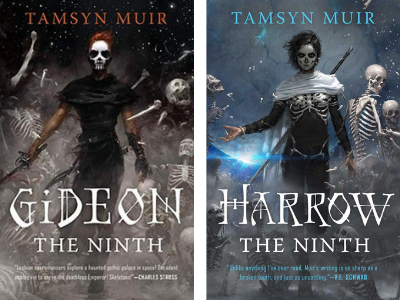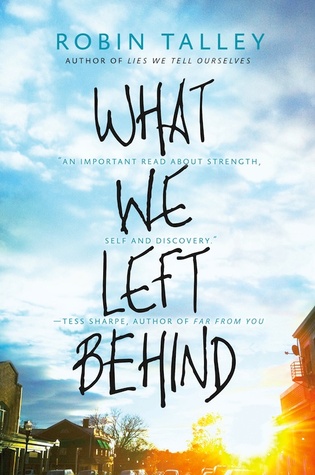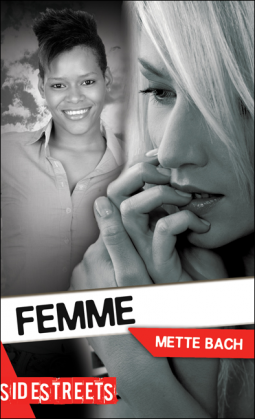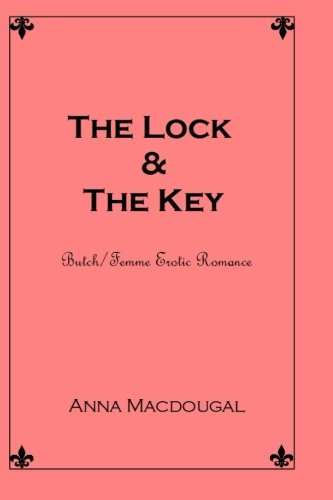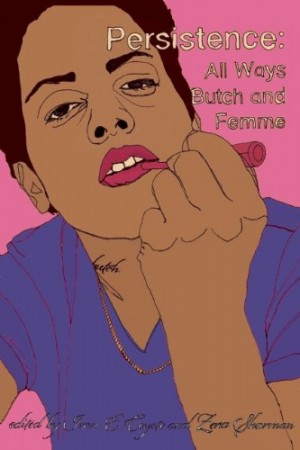The first thing I have to say about Isle of Broken Years is that I didn’t want it to end, and it’s been a while since I felt that way about a book. The second thing you should know is that this isn’t just a book about pirates, though the cover and description, if not carefully read, may lead you to believe that’s where you’re headed. To be fair, we do begin the adventure with lots of swashbuckling and a bit of kidnapping, but this book is really more of a time travel story with lots of unexpected surprises. If Lost, Gideon the Ninth, and Their Flag Means Death had a weird little baby, it might be Isle of Broken Years.
Our main characters are Catalina de Valasco, a Spanish noblewoman being married off by her family and en route to her betrothed by way of galleon; and Sam Helyer, the cabin boy of a privateer ship intercepting said galleon. Sam, as it turns out, is not a cabin boy at all. The beginning starts off strong, with lots of action, a battle at sea, a little hostage taking (as a treat) and some getting to know our main characters. Content warning: there’s a lot of talk/threat of potential sexual assault in the beginning pages—it doesn’t happen, but it drives the opening of the book as Sam is trying to keep Catalina safe from the other sailors.
Just when you’re comfortably settled into your colonial era pirate world, the book makes a major shift. Sam and Catalina end up stranded on an island that’s not at all what it seems, and meet up with a group of other survivors previously stranded there. The diverse cast of characters and their interaction is one of the really fun aspects of the book, as they share vast cultural differences, and sometimes struggle to communicate from language barriers. While a lot of this is comedic, there are also some serious discussions involving slavery and human rights. Meanwhile, Catalina and Sam are at odds with each other, as the former has no love for pirates and thinks they all should hang—fair, considering how the book kicked off. Catalina and Sam eventually have to learn to work together, and a fun little romantic arc unfolds as well.
This book checks all the boxes: pirates, aliens, murder, creepy islands, betrayal, comedy, time travel, mystery, and yea, a lil bit of kissing. It’s a fun ride, but has a number of serious moments including struggles with identity and sexuality. My main complaint is that it wasn’t longer. There were a number of places that Fletcher could have expanded the narrative, including some of the side characters’ back stories, and even the romantic element between Catalina and Sam. But I guess it’s always better to be left wanting more!
Content warning: mention of past sexual assault, threat of sexual assault


